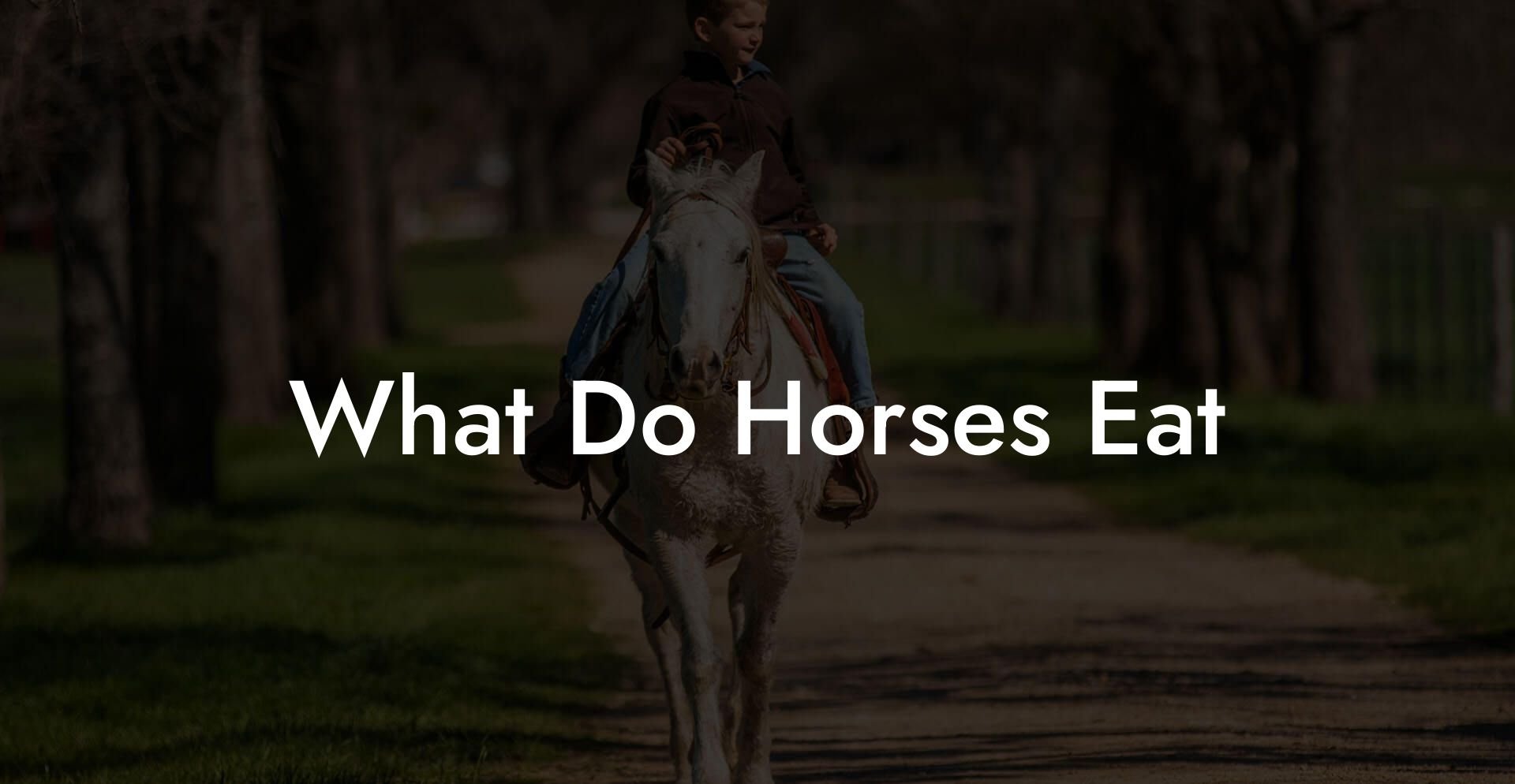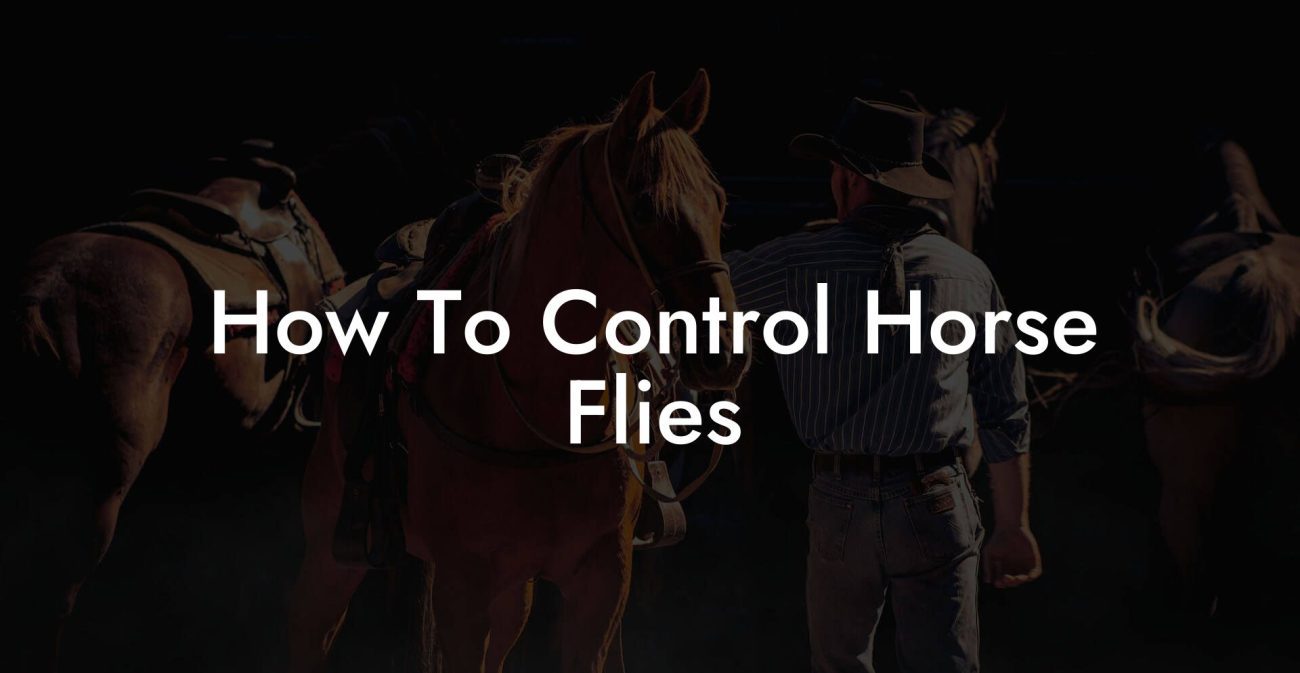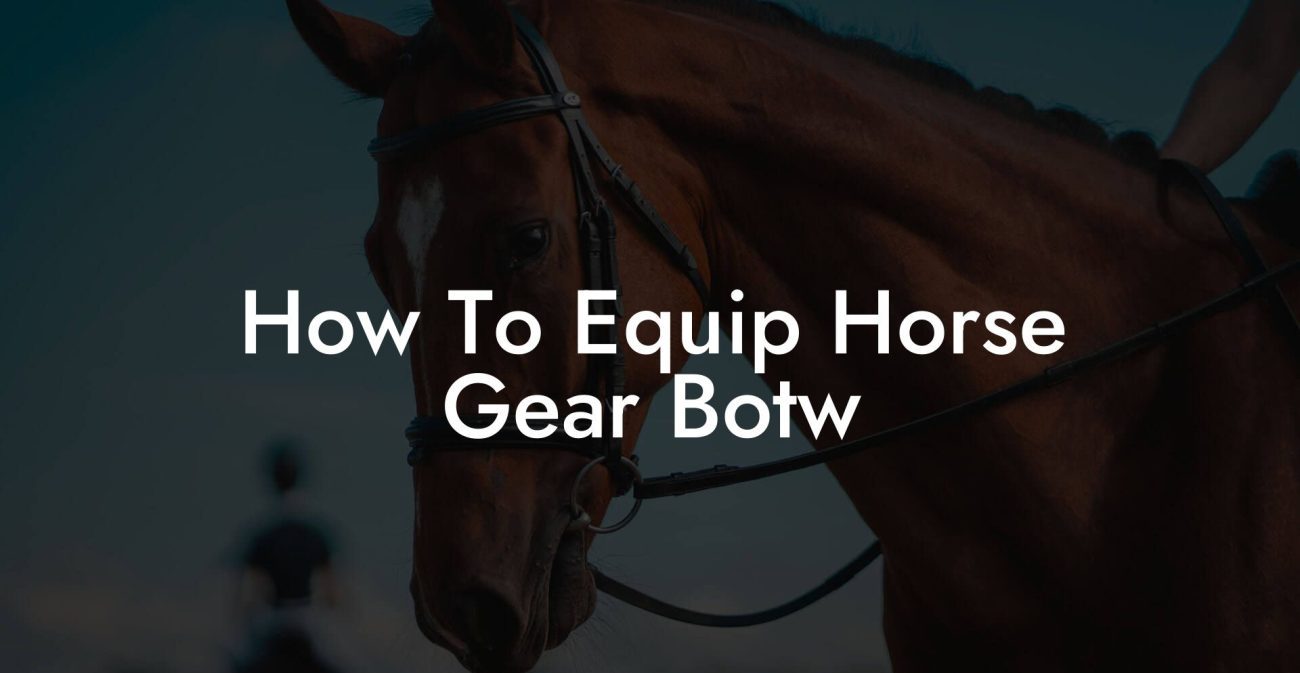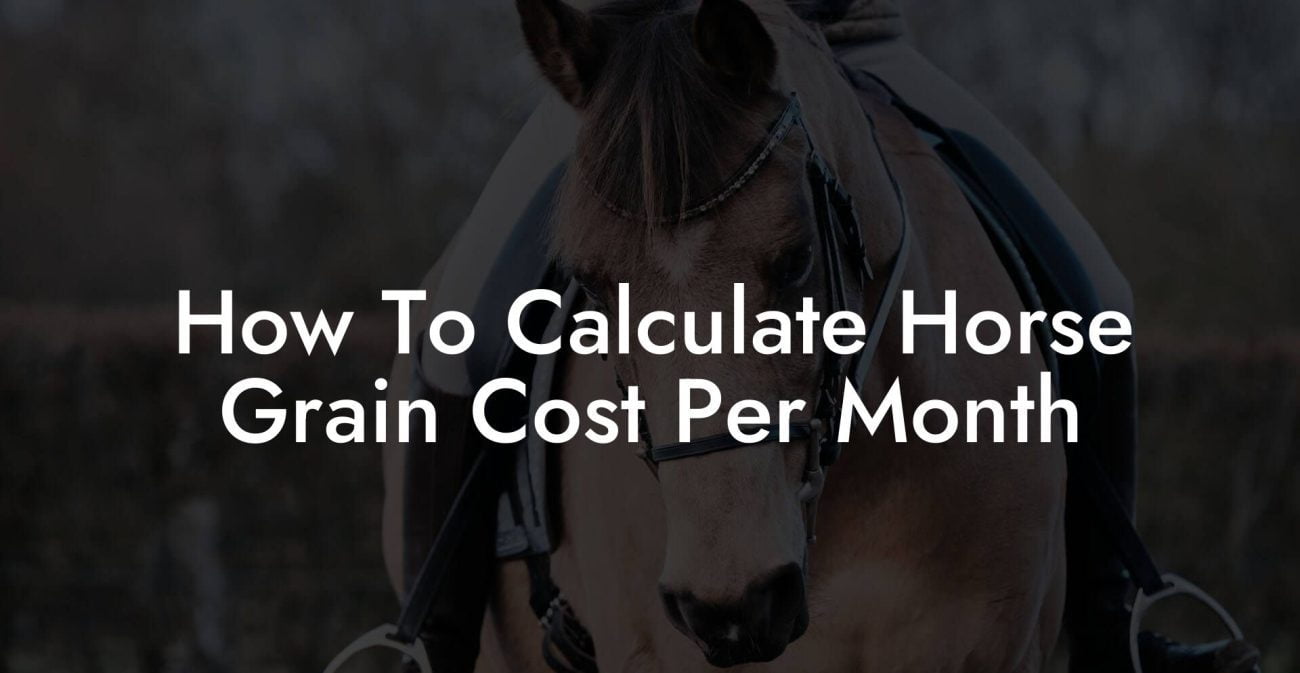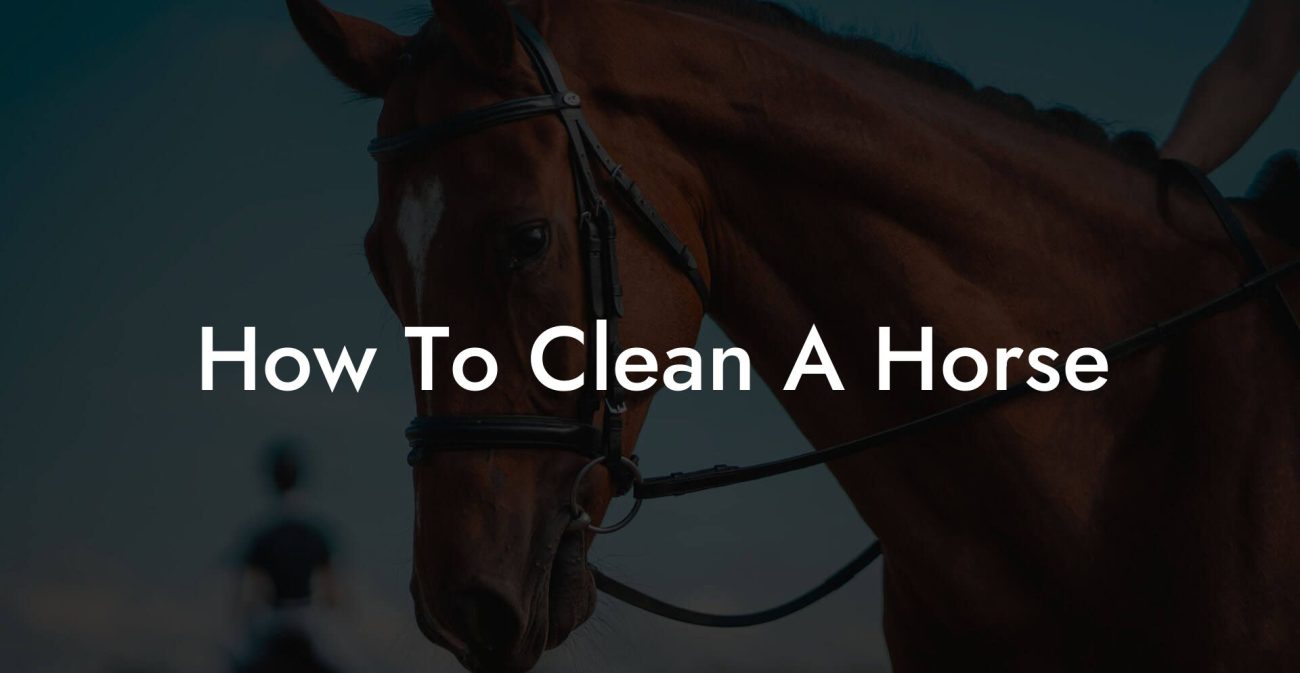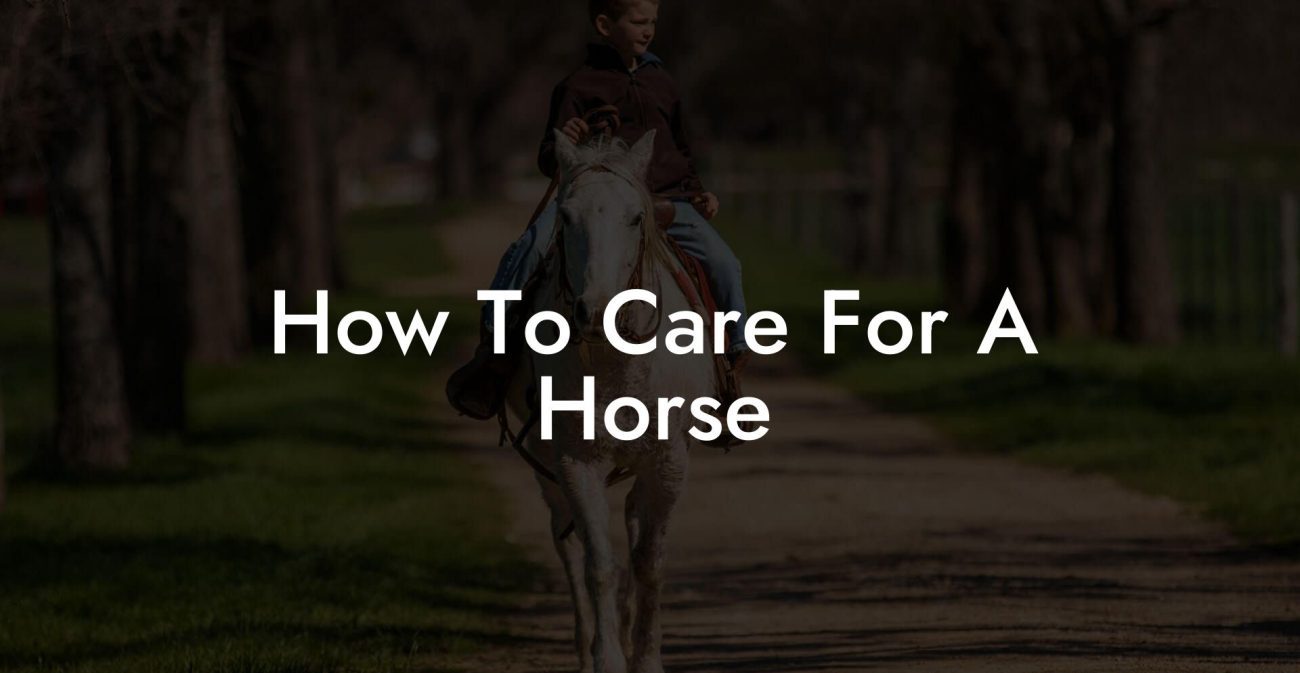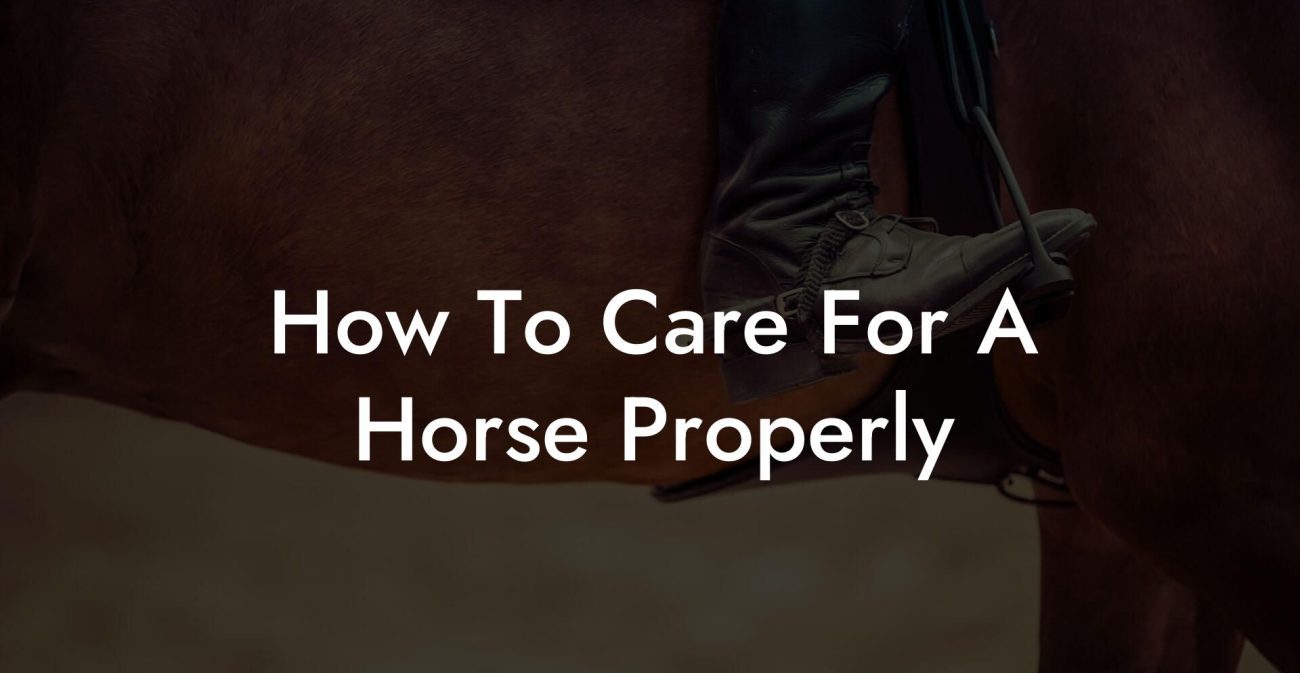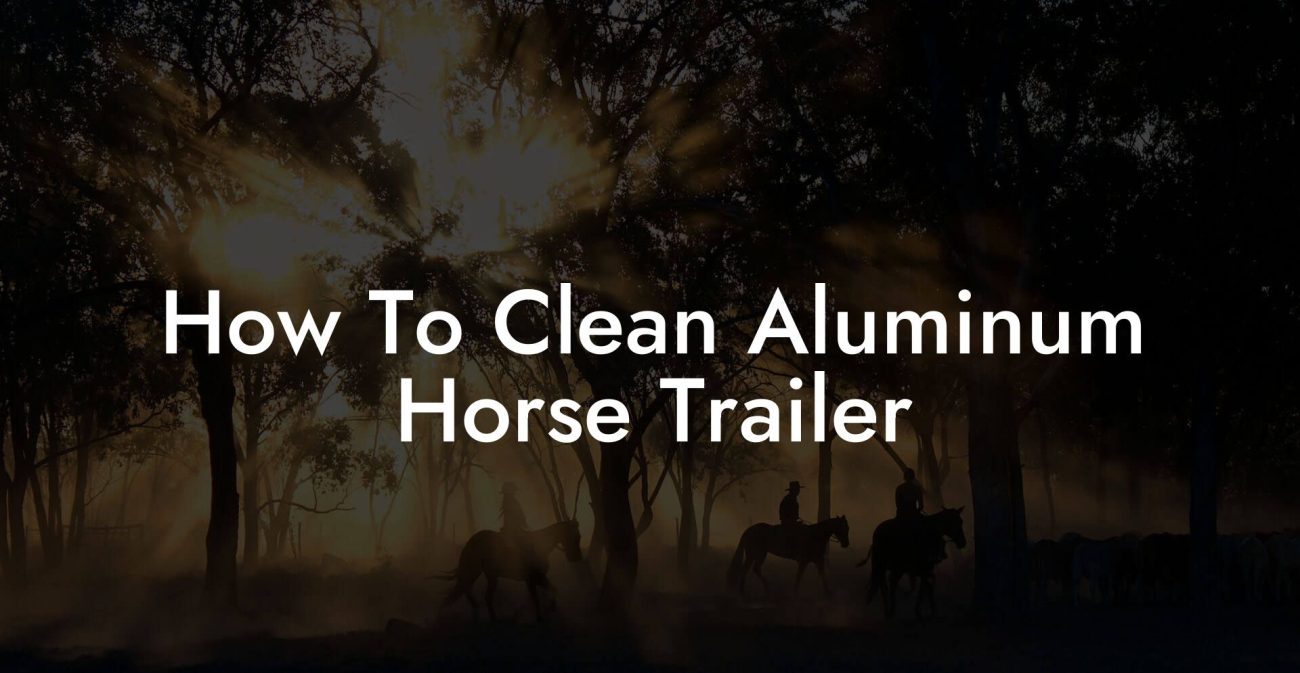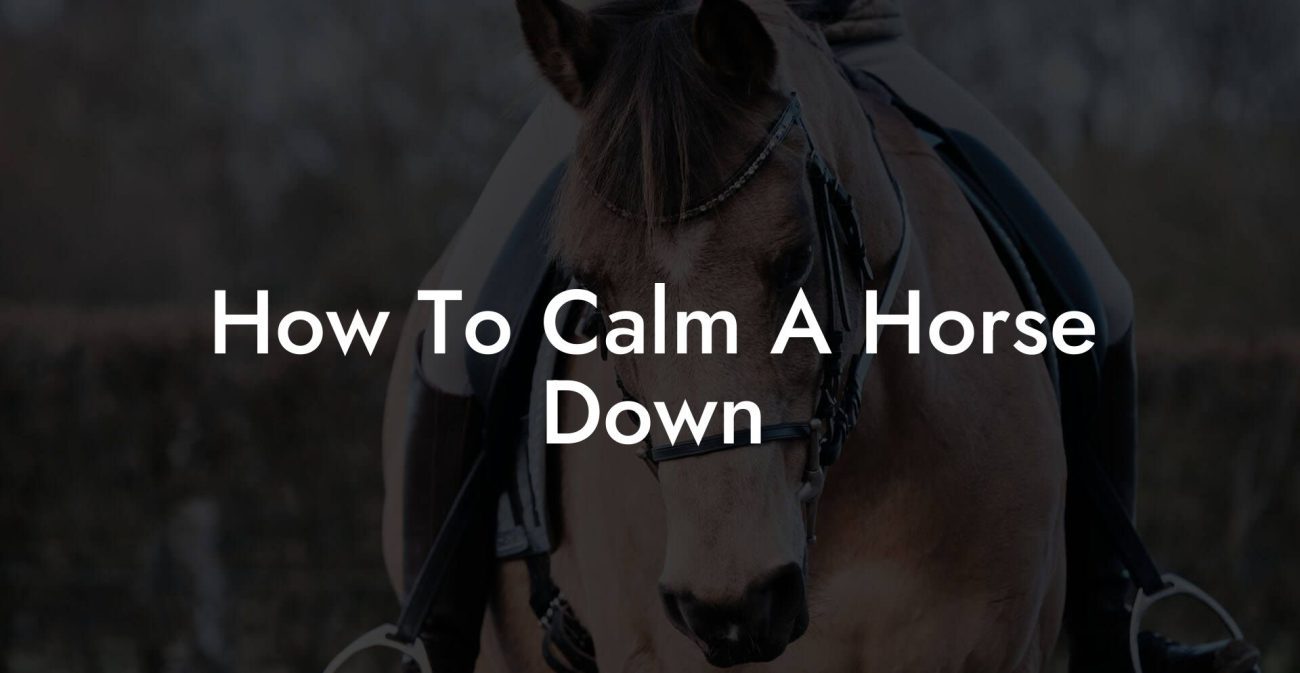Ever wondered what your majestic four-legged friend really munches on while galloping across endless fields or chilling in the barn? Dive into the surprisingly intricate world of equine dining, where hay bales, grains, supplements, and even a dash of love come together to create a meal plan fit for a knight in shining armor – or, in this case, a horse. Buckle up as we break down what horses eat, sprinkled with Gen-Z flair and millennial wit, so you can feed your equine buddy like a pro.
Quick Links to Useful Sections
- The Ultimate Equine Menu: An Overview of What Do Horses Eat?
- The Backbone of a Horse’s Diet: Forage First, Always
- Grass: The Natural Gourmet
- Hay: The Reliable Backup
- Grains and Concentrates: Energy Boosters with a Twist
- Supplements and Special Diets: Tailoring Nutrition to Individual Needs
- Mineral Mixes and Vitamin Supplements
- Specialized Feeds for the Aging and the Athletic
- Water: The Unsung Hero of Equine Diets
- Understanding Equine Digestion: How Horses Process Their Meals
- Feeding Frequency and Portion Control: The Art of Timing
- Holistic Approaches to Equine Nutrition: More Than Just Feed
- The Role of Pasture Management in Equine Nutrition
- Common Dietary Challenges and How to Tackle Them
- Overfeeding and Weight Gain
- Digestive Upsets
- Mineral Imbalances
- Practical Tips and Tricks for Feeding Your Horse Like a Pro
- Special Considerations: Feeding Horses During Different Life Stages
- Foals and Young Horses
- Adult Horses in Regular Work
- Senior Horses
- Integrating Equine Diets with Modern Management Practices
- Resources and Community Support: Your Next Steps
- Real-Life Equine Success Stories: Feeding Transformations that Inspire
- Breaking Down Meal Plans: Sample Diets to Inspire Your Feeding Strategy
- Everyday Grazing Plan
- Performance-Boosting Plan
- Monitoring Your Horse’s Health: Signs Their Diet is Hitting the Mark
- FAQ: Your Top Questions About What Do Horses Eat Answered
- Your Journey to Mastering Equine Nutrition
The Ultimate Equine Menu: An Overview of What Do Horses Eat?
If you’ve ever strolled past a stable or watched a horse romping freely in a pasture, you might assume that these grand creatures have a simple “chew and chill” diet. But the truth is, horses have a sophisticated nutritional demand that goes far beyond just “eating grass.” From forage to concentrates, minerals to water, every component plays a crucial role in their overall health and performance.
Modern equine nutrition isn’t just about stuffing hay into their nostrils, it’s an art form grounded in science, tradition, and sometimes even a little bit of magic (okay, not magic, but pretty cool science). Whether you’re a seasoned horse owner or just starting your journey in equine care, understanding what horses eat is key to keeping your buddy happy, healthy, and always ready for adventure.
The Backbone of a Horse’s Diet: Forage First, Always
In the world of horses, forage reigns supreme. Think of it as the “vegan” staple in your horse’s diet, providing the essential fiber required to keep their digestive system humming. Forage primarily comes in the form of pasture grass and hay.
Grass: The Natural Gourmet
When horses graze in a well-maintained pasture, they not only get the vital fiber they need, but they also enjoy a diet rich in essential vitamins and minerals. Grass is more than just a pretty carpet beneath their hooves, it’s a carefully balanced meal that supports healthy digestion. Fresh, nutrient-rich grass acts as nature’s multivitamin and is essential for maintaining a robust gut.
Hay: The Reliable Backup
Whether winter or summer, hay is a lifeline in the equine diet. There are numerous varieties available, timothy, alfalfa, Bermuda, and more, and each offers its own unique profile of nutrients. For horses that can’t always access lush grass, high-quality hay becomes indispensable by providing the fiber and energy critical for digestion and overall health.
Remember, the golden rule of horse nutrition is to let forage dominate the diet. It keeps the digestive system functioning optimally and helps prevent issues like colic and gastric ulcers.
Grains and Concentrates: Energy Boosters with a Twist
While forage is the foundation, many horses benefit from a blend of grains and concentrated feeds, especially those that are in heavy work or require a bit of extra energy. Grains like oats, barley, and corn contribute protein and help meet the energy needs that might not be sufficiently covered by forage alone.
However, it’s important to approach concentrates with caution. Overfeeding carbs can lead to issues such as laminitis or digestive upset. The key here is balance, integrating grains in moderation to tailor to the individual horse’s energy demands and workload. For many modern horse owners, the trend is leaning towards more holistic approaches, blending traditional feeds with balanced nutritional supplements.
In the realm of SEO, terms like “horse feed concentrates” or “energy foods for horses” often pop up, making it evident that a well-rounded diet should always be at the heart of what horses eat.
Supplements and Special Diets: Tailoring Nutrition to Individual Needs
Just as humans sometimes require dietary supplements, horses too can benefit from additional nutritional boosts. From vitamin-mineral concoctions to joint-supporting agents, the world of equine supplements is vast and ever-evolving.
Mineral Mixes and Vitamin Supplements
Whether it’s ensuring adequate calcium, phosphorus, or selenium levels, balanced mineral supplementation plays a pivotal role. For horses itching for high performance or those recovering from an injury, targeted minerals and vitamins, often packed into a palatable form, are a must-have.
Specialized Feeds for the Aging and the Athletic
Aging horses or high-performance athletes can have varying nutritional requirements. Senior horses may need diets that are easier to digest and lower in calories, while athletic horses might require additional protein and energy to cope with their strenuous routines. The modern equine diet recognizably adapts to these needs, mixing in feeds that are lower in starch and sugar, reducing the risk of metabolic issues.
Additionally, the rise of “holistic horse care” puts a spotlight on natural supplements like probiotics, omega-3 fatty acids, and herbal remedies. These not only support digestion but also enhance overall vital energy, sometimes referred to as “chi” in traditional practices.
Water: The Unsung Hero of Equine Diets
You can’t spell “healthy” without “H” for hydration, and for horses, water is no exception. It's essential for digestion, nutrient transport, and overall bodily functions. Horses require a continuous supply of fresh, clean water to keep their systems lubricated and to help process all that fiber-packed goodness from their forage.
A key takeaway? Never underestimate the importance of water. Many horse owners find that simply investing in better-quality water sources or regularly cleaning water troughs can make a significant impact on their animals’ health.
Understanding Equine Digestion: How Horses Process Their Meals
Horses are natural grazers, and their long, complex digestive tract is uniquely designed to process continuous meals rather than large, single servings. Their digestive system thrives on consistency, making small, frequent meals all day the ideal feeding strategy.
This unique physiology makes it clear why a steady diet of forage is so critical, sudden changes or large meals can upset their sensitive digestive systems, leading to colic or other gastrointestinal disturbances. In many ways, successful equine feeding is about mimicking nature and providing regular, balanced nutrition to keep everything running smoothly.
SEO-friendly keywords like “equine digestion,” “horse digestive health,” and “grazing behavior in horses” commonly appear in discussions about what horses eat, reflecting the importance of understanding and respecting their natural feeding patterns.
Feeding Frequency and Portion Control: The Art of Timing
Timing is everything, even when it comes to feeding your horse. Unlike some animals that can gorge on large meals, horses benefit from frequent, small doses of food spread out over the day. This feeding strategy not only mimics their natural grazing habits but also helps maintain a stable digestive environment.
In practical terms, this means offering forage multiple times throughout the day and ensuring that any concentrates or grain supplements are administered in carefully measured portions. Whether you’re using automatic feeders or adopting a manual schedule, consistency is key to preventing digestive disturbances and ensuring optimal nutrient absorption.
For modern horse owners keen on digital solutions, there are now apps and smart feeders that can help track feeding times and portion sizes, seamlessly integrating technology into traditional horse care practices.
Holistic Approaches to Equine Nutrition: More Than Just Feed
In the same way that humans are moving towards integrative health and wellness, the equine community is increasingly embracing holistic approaches to nutrition. It’s no longer just about meeting calorie counts or vitamin requirements; it’s about nourishing every facet of the horse’s well-being.
Holistic horse care takes into account the animal’s emotional state, environment, and overall vitality. It promotes the idea that a well-fed horse is not only physically strong but mentally and emotionally balanced as well. This often includes a mix of natural feeds, herbal supplements, and environmental enrichment that encourages natural behaviors.
For SEO and content enthusiasts, phrases like “holistic equine care,” “natural horse supplements,” and “integrative equine nutrition” are excellent to help resonate with a modern audience looking for a well-rounded approach to animal health.
The Role of Pasture Management in Equine Nutrition
Great equine nutrition starts before the feed even reaches the trough. Pasture management plays a crucial role in ensuring that horses have access to high-quality grass that’s free from contaminants and nutritional imbalances. Good pasture practices include rotating grazing areas, controlling weed invasion, and monitoring soil health.
When managed properly, pastures become a living, breathing extension of your horse’s diet, offering a natural source of exercise, mental stimulation, and balanced nutrition. The modern approach to pasture care intertwines with sustainable farming practices, echoing keywords like “organic equine care,” “pasture management for horses,” and “sustainable horse nutrition.”
Smart pasture management not only supports your horse’s immediate nutritional needs but also promotes a healthier environment for the animals and the land alike. It’s a win-win that resonates with eco-conscious horse owners everywhere.
Common Dietary Challenges and How to Tackle Them
Even the best laid feeding plans can encounter obstacles. Many horse owners face dietary challenges like colic, laminitis, and obesity, which are often linked to imbalances in the diet. The trick is to recognize early warning signs and adjust the feeding regimen accordingly.
Overfeeding and Weight Gain
With plenty of delicious hay and concentrates available, it can be tempting to overfeed. However, controlling portion sizes is crucial to prevent obesity, which is a significant risk factor for other conditions like laminitis. Use body condition scoring and regular weight checks as part of your feeding routine.
Digestive Upsets
Sudden dietary changes can upset a horse’s digestive balance, leading to colic or other gastrointestinal issues. Always implement gradual transitions when introducing new feeds or supplements, and monitor your horse’s reaction closely.
Mineral Imbalances
Even a diet that seems perfect can sometimes have hidden pitfalls, such as an imbalance between calcium and phosphorus. These ratios are critical for bone development and overall health. Regular consultation with an equine nutritionist and periodic feed analyses can help keep these levels in check.
Tackling these challenges head-on requires staying informed, vigilant, and ready to adapt your practices based on your horse’s unique needs and responses.
Practical Tips and Tricks for Feeding Your Horse Like a Pro
Ready to level up your horse-feeding game? Here are some actionable tips that blend traditional wisdom with modern innovations:
- Invest in Quality Feed: Always opt for high-quality forage and concentrate options. Quality ingredients lead to better health and performance.
- Monitor Water Intake: A well-hydrated horse is a healthy horse. Ensure clean, fresh water is always available.
- Embrace Technology: Use apps and digital feeders to track portions and feeding times, helping you maintain consistency.
- Regular Health Checkups: Periodically consult with a vet or equine nutritionist to adjust the diet based on your horse’s age, workload, and overall health.
- Keep It Natural: Whenever possible, stick to natural feeds and avoid excessive processed grains or artificial additives.
- Rotate Pasture: Practice rotational grazing to keep pastures vibrant and nutrient-rich for continuous grazing.
- Feed Consistency: Aim for small, frequent meals instead of one large feeding session to mimic natural grazing behavior.
Implementing these tips can help make your horse’s dining experience both nutritionally balanced and delightfully satisfying. Remember, every horse is unique, so a little trial and error might be necessary to perfect the recipe.
Special Considerations: Feeding Horses During Different Life Stages
A one-size-fits-all diet doesn’t work in the equine world, especially when you consider the vast differences between a spirited foal, a high-energy racehorse, and a serene senior. Each stage of a horse’s life brings unique nutritional needs that must be met.
Foals and Young Horses
Young, growing horses require a diet that's rich in protein, energy, and essential minerals. Their developing bodies are super hungry for nutrients that aid in building strong bones and muscles. For foals, the transition from their mother’s milk to solid food should be gradual, starting with small amounts of hay and specialized starter feeds designed to support growth.
Adult Horses in Regular Work
Adult horses that engage in routine work need a balanced diet that maintains their energy without tipping the scales towards weight gain. The focus should remain on quality forage, supplemented with grains or concentrates to meet increased energy requirements according to their workload.
Senior Horses
As horses grow older, their metabolism, digestive efficiency, and activity levels change. For senior horses, diets often shift towards being more easily digestible with added fats and fiber, and lower in calories to help prevent obesity and joint stress. Specialized senior feeds and careful monitoring of dental health become essential components in their nutritional plan.
Understanding these unique requirements helps you tailor a feeding plan that evolves with your horse’s life stage, promoting long-term health and vigor.
Integrating Equine Diets with Modern Management Practices
The 21st century isn’t just about smart phones and streaming; it’s also about smart feeding practices. Modern equine management integrates cutting-edge technology with timeless care techniques, ensuring that every meal is as efficient and beneficial as possible.
From digital scales for measuring precise feed portions to mobile apps designed to track your horse’s dietary intake and progress, technology is revolutionizing how we approach horse care. Social media platforms and online communities also allow horse enthusiasts to share tips, recipes, and success stories, creating a vibrant network of support and innovation.
The dialogue around “equine nutrition” now extends beyond traditional farming practices. Whether you search for “holistic horse care,” “natural equine supplements,” or “effective feed management,” there are endless resources available to help you optimize your horse’s diet in real time.
Resources and Community Support: Your Next Steps
Venturing into the nuances of equine nutrition can seem overwhelming, but know that you’re not alone on this journey. Whether you're a newbie or an experienced stable manager, a vast community of experts, bloggers, veterinarians, and fellow horse enthusiasts is ready to share their wisdom and support.
Consider joining online forums, attending local equine care workshops, or following renowned equine nutritionists on social media. Numerous digital resources, eBooks, and webinars break down everything from feed analysis to pasture management. This community-driven approach blends modern tech with old-school barn wisdom, ensuring you always have access to the latest tips, trends, and best practices for what horses eat.
Your next steps? Start by reassessing your horse’s current diet, explore new feed options, and engage with fellow horse lovers who are eager to chat about everything from oat to alfalfa. Building these connections could be the secret ingredient to boosting your horse’s vitality, and who wouldn’t want that?
Real-Life Equine Success Stories: Feeding Transformations that Inspire
Real-life transformations are proof that a well-planned equine diet can work wonders. Consider Bella, a once sluggish pony who experienced a dramatic turnaround with a diet revamp focused on high-quality hay, controlled grain intake, and strategic supplements. Her owner’s dedication to monitoring her weight, implementing rotational grazing, and introducing a sprinkle of natural supplements not only boosted Bella’s energy levels, but also reduced recurring digestive issues.
Then there’s Duke, an athletic show horse whose performance improved significantly after a nutritional audit revealed subtle deficiencies in his vitamin and mineral intake. With a tailored mix of specialty feeds and supplements targeting joint support and muscle recovery, Duke went from occasional stumbles to a flawless performance on the arena.
These stories underscore the transformative power of understanding what horses eat, and how even small tweaks can lead to big improvements in overall health, performance, and happiness.
Breaking Down Meal Plans: Sample Diets to Inspire Your Feeding Strategy
Sometimes, concrete examples help demystify the process of setting up an effective horse diet. Let’s break down a couple of sample meal plans that align with different needs.
Everyday Grazing Plan
For a horse that enjoys a moderate level of activity and has steady access to fresh pasture:
- Forage: Unlimited access to high-quality pasture grass combined with a consistent supply of premium hay (preferably a mix of Timothy and alfalfa).
- Grains/Concentrates: A small portion (approximately 1-2 pounds) of oats or a commercial concentrate twice a day, adjusted based on energy needs.
- Supplements: A balanced mineral and vitamin supplement, focusing particularly on calcium, phosphorus, and trace elements like selenium.
- Water: Constant access to clean, fresh water, with regular checks on trough cleanliness.
Performance-Boosting Plan
For a competition horse or one with high energy demands:
- Forage: Generous amounts of well-managed grass and hay to form the majority of the diet.
- High-Energy Concentrates: Carefully measured doses of a high-energy feed blend incorporating oats, barley, and possibly beet pulp for extra fiber. Feedings might be split before and after exercise sessions.
- Specialized Supplements: Joint support supplements, omega-3 fatty acids, and specific electrolyte mixes to replace minerals lost during intense workouts.
- Water & Recovery: Ensure vigilant hydration and consider recovery feeds or slurry to promote muscle repair after training.
These sample diets offer a roadmap, but remember, the best plan is one that’s customized to the individual horse’s needs, workload, and environment. Consulting with a veterinary nutritionist can help refine these plans even further.
Monitoring Your Horse’s Health: Signs Their Diet is Hitting the Mark
How do you know your horse’s diet is balanced and working? It’s all in the signs. A happy, well-nourished horse exhibits bright eyes, a shiny coat, and boundless energy (or calm resiliency for older horses). Other indicators include consistent weight, healthy bowel movements, and a good overall body condition.
Regular veterinary check-ups, weight tracking, and even simple observations of behavior during meals can give you plenty of clues about whether their nutritional needs are being met. Paying attention to these signals helps ensure that your horse remains in peak health and can be a subtle prompt to tweak the diet if any issues arise.
FAQ: Your Top Questions About What Do Horses Eat Answered
We know you’ve got questions, here are some of the most frequently asked queries about what horses eat, answered in a straightforward and engaging way.
1. What is the primary component of a horse’s diet?
Forage, primarily in the form of hay and pasture grass, makes up the bulk of a horse’s diet. It provides essential fiber for optimal digestive health.
2. Can I feed my horse too many grains or concentrates?
Yes, overfeeding grains can lead to digestive issues like colic or laminitis. Balance and moderation are essential, always tailor grains to your horse’s energy needs.
3. Do horses need supplements?
While forage and concentrates often provide the majority of required nutrients, supplements like vitamin-mineral mixes, omega-3 fatty acids, and joint support formulas can be beneficial, especially for horses in heavy work or with special needs.
4. How often should horses be fed?
Horses are natural grazers and should ideally have continuous access to forage throughout the day. Concentrates should be split into multiple feedings to mimic their natural feeding patterns.
5. Is pasture grazing enough for a healthy diet?
While pasture grazing is excellent, seasonal changes, pasture quality, and workload may require supplemental feeding with hay, grains, or nutritional supplements.
6. How do I know if my horse’s diet needs adjusting?
Look for signs such as weight fluctuations, changes in coat quality, or digestive disturbances. Regular veterinary checkups and consulting an equine nutritionist can help fine-tune the diet.
7. Can I safely transition my horse to a new diet?
Gradually transitioning between diets is key to avoid digestive upset. Slowly mix the new feed with the existing diet over several days.
8. Are there special diets for senior horses?
Yes, senior horses often need easier-to-digest feeds, lower calories, and additional fiber. Specialized senior feeds are designed to address these needs.
9. What are the risks of poor equine nutrition?
Poor nutrition can lead to weight issues, digestive problems, laminitis, and a generally unhealthy coat and behavior. A balanced diet is fundamental to your horse’s overall well-being.
10. Can technology help in managing my horse’s diet?
Absolutely! Digital feeders, apps for tracking nutritional intake, and online communities offer an innovative approach to maintaining an optimal equine diet.
Your Journey to Mastering Equine Nutrition
Feeding your horse isn’t just about throwing a bale of hay in the pasture, it’s a dynamic and ongoing journey. Embracing the full spectrum of what horses eat, from the basics of forage to the intricacies of specialized supplements, empowers you to craft the ultimate dining experience for your equine companion.
Whether you’re fine-tuning meal plans for a high-energy performance horse or creating a gentle, nutrient-dense menu for a senior pal, every thoughtful decision adds up to better health, happier behavior, and enhanced performance. Your interest in leveling up your horse’s care is exactly the kind of evolution that champions modern, holistic equine nutrition.
So, take these insights, blend in your personal touch, and experiment with what works best for your horse. With a passion for innovation and care, you’re setting the stage for a thriving, resilient companion who’s ready to take on life’s adventures, one meal at a time.
The world of equine nutrition is vast and continuously evolving. Stay curious, keep learning, and join communities that share your passion for outstanding horse care. After all, the journey to a healthy horse is just as important as the destination.

